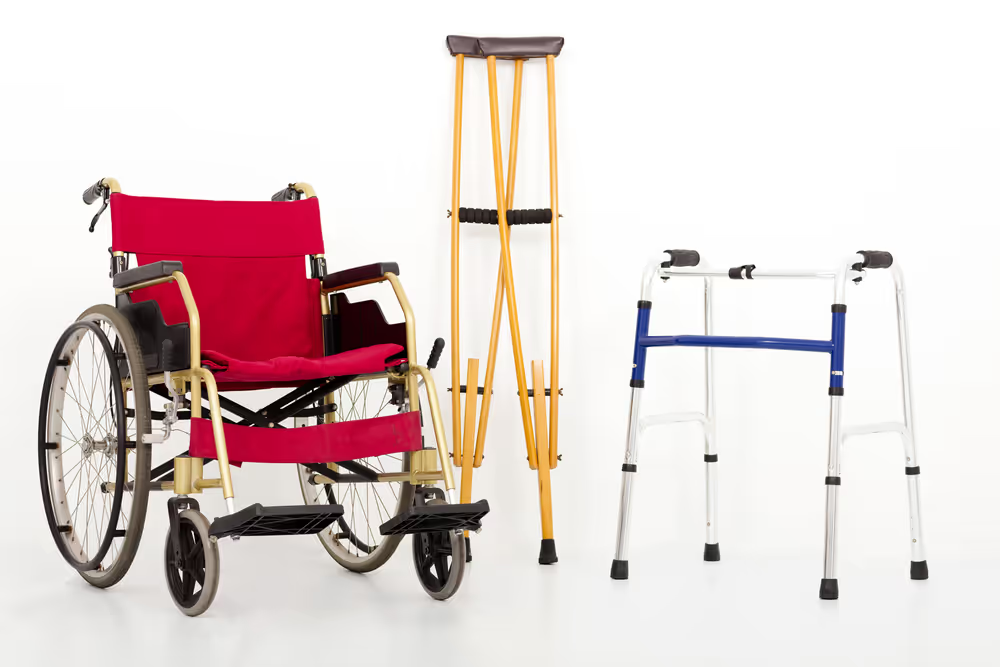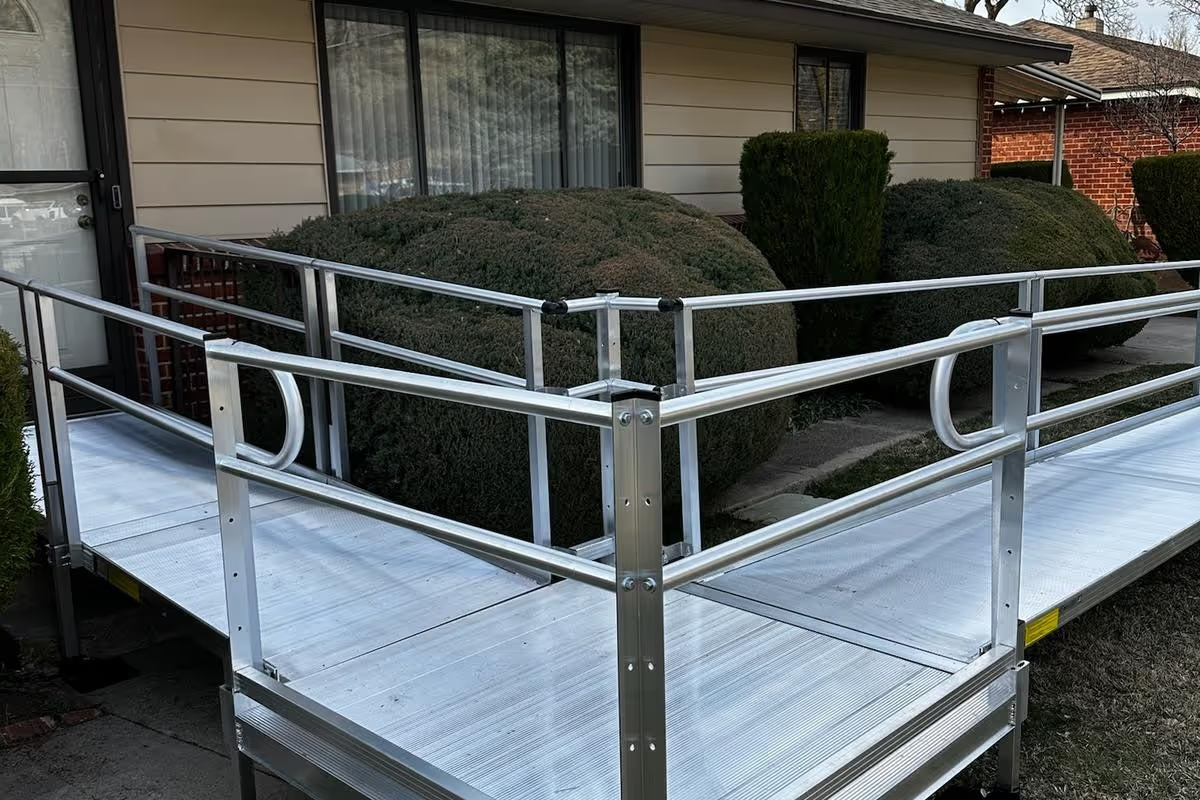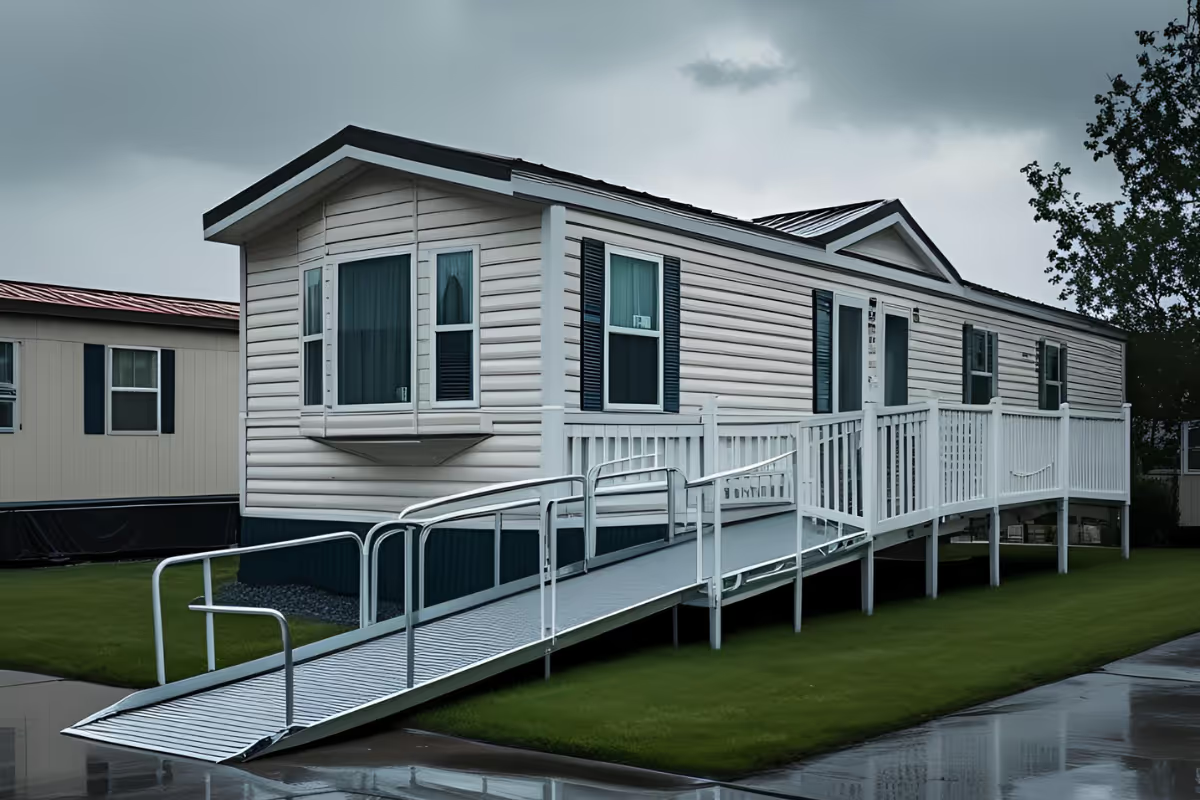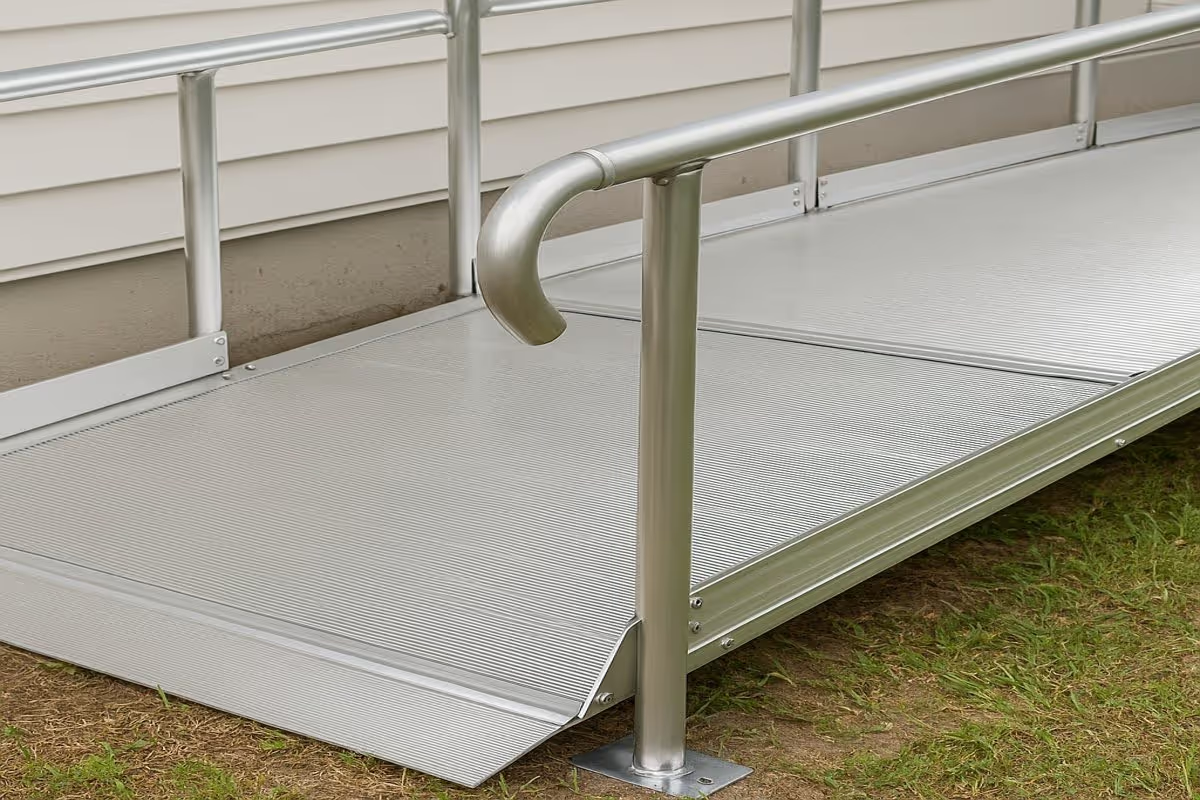Choosing Bariatric Mobility Aids for Larger Patients

Choosing Bariatric Mobility Aids for Larger Patients
For larger people with mobility issues, bariatric mobility aids are an ideal choice. Typical medical products such as wheelchairs, scooters, walkers, bath lifts, and even canes may have a weight limit, as they must safely support the user in performing a certain function. Excessive weight can exceed the abilities of the product to carry the load. In addition, for those confined to a wheelchair or other device, sitting comfortably is important; standard equipment often lacks the width in the seat to support excess weight beyond what the device was built to carry.
Types of Bariatric Mobility Aids
Bariatric mobility aids get their name from two Greek words – “baros,” which means weight and “iatrics,” which refers to medical treatment. Since many Americans are obese, the market for bariatric medical equipment has grown over the last few years, and many manufacturers have expanded their line of products to include models that are safe and comfortable for larger users.
Some of the main types of bariatric aids include:
- Mobility aids, such as wheelchairs, walking aids, and scooters
- Seating and lifts such as chairs and other lifting devices
- Bedroom equipment, such as heavy duty and adjustable beds, patient lifters, pressure care mattresses, hoists and slings, and bed transfer boards
- Dexterity aids, such as grabbers and preachers, leg lifts, long handled shoe horns and other devices to put on socks, cut nails, and perform other functions
Products that serve larger patients offer wider seat widths, heavy-duty supports, and the ability to handle increased weight capacities. Motorized equipment may have bigger motors, larger tires, and wider bases Bariatric equipment accommodates those who weigh 300-900 pounds, but the standard weight limit varies by item and may start as low as 250 on some things. If you are purchasing equipment for yourself or for a loved one, make sure to read the maximum weight. You may need larger, stronger, sturdier bariatric products.
The Importance of Bariatric Mobility Aids at Home
For bariatric patients that remain at home, either living independently or having home healthcare, there is a need for safe, comfortable, dependable equipment to meet their needs and for home modifications that allow them to easily get through doorways and navigate steps. Before buying equipment, it is wise to have an equipment specialist come out and determine what modifications to the home might be in order, and to recommend equipment that will work.
For those obese patients who find themselves grappling with accommodating a lack of mobility, having the home outfitted with grab bars and fixtures that can support their weight in the bathroom, ramps, and lifting devices can make life more manageable. In addition, adding equipment such as sturdy shower benches and chairs, comfortable lift chairs, sturdy wheelchairs, and beds with the proper type of mattress to prevent bedsores, reduces the fear of living alone and makes independent living possible.
Whether you are looking for home modifications or bariatric mobility aids, the experienced professionals at Western Stair Lifts can assist you; contact us for a free consultation.
.svg)
.png)




